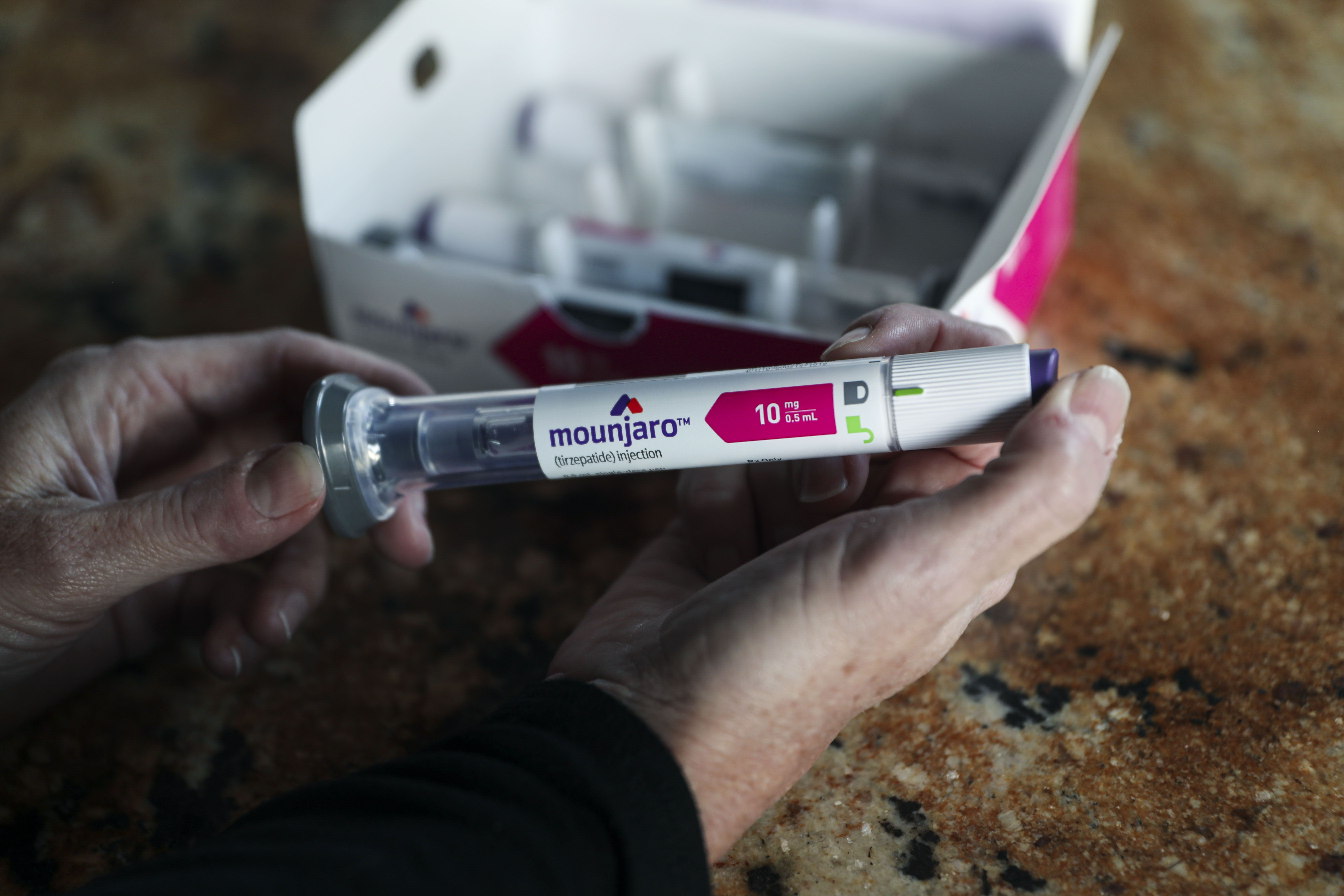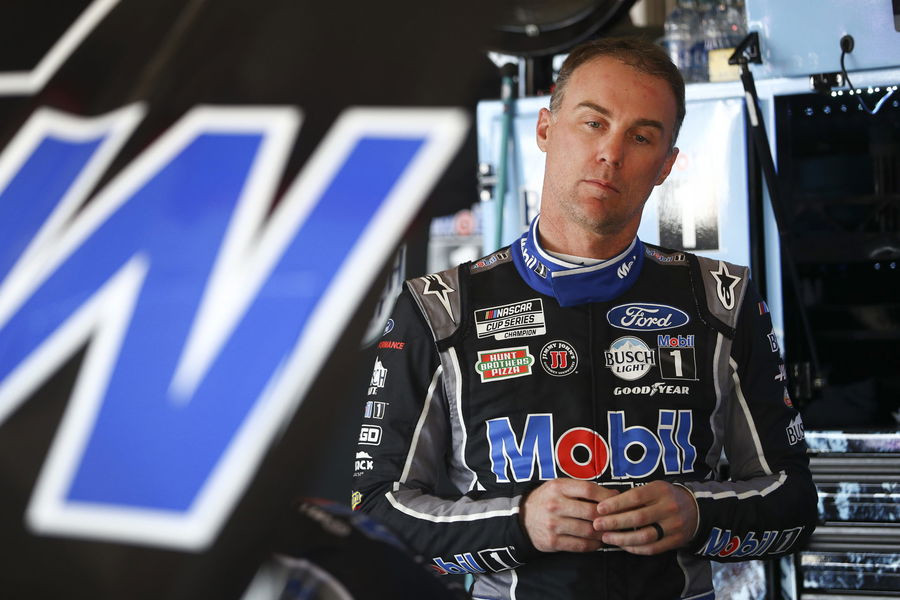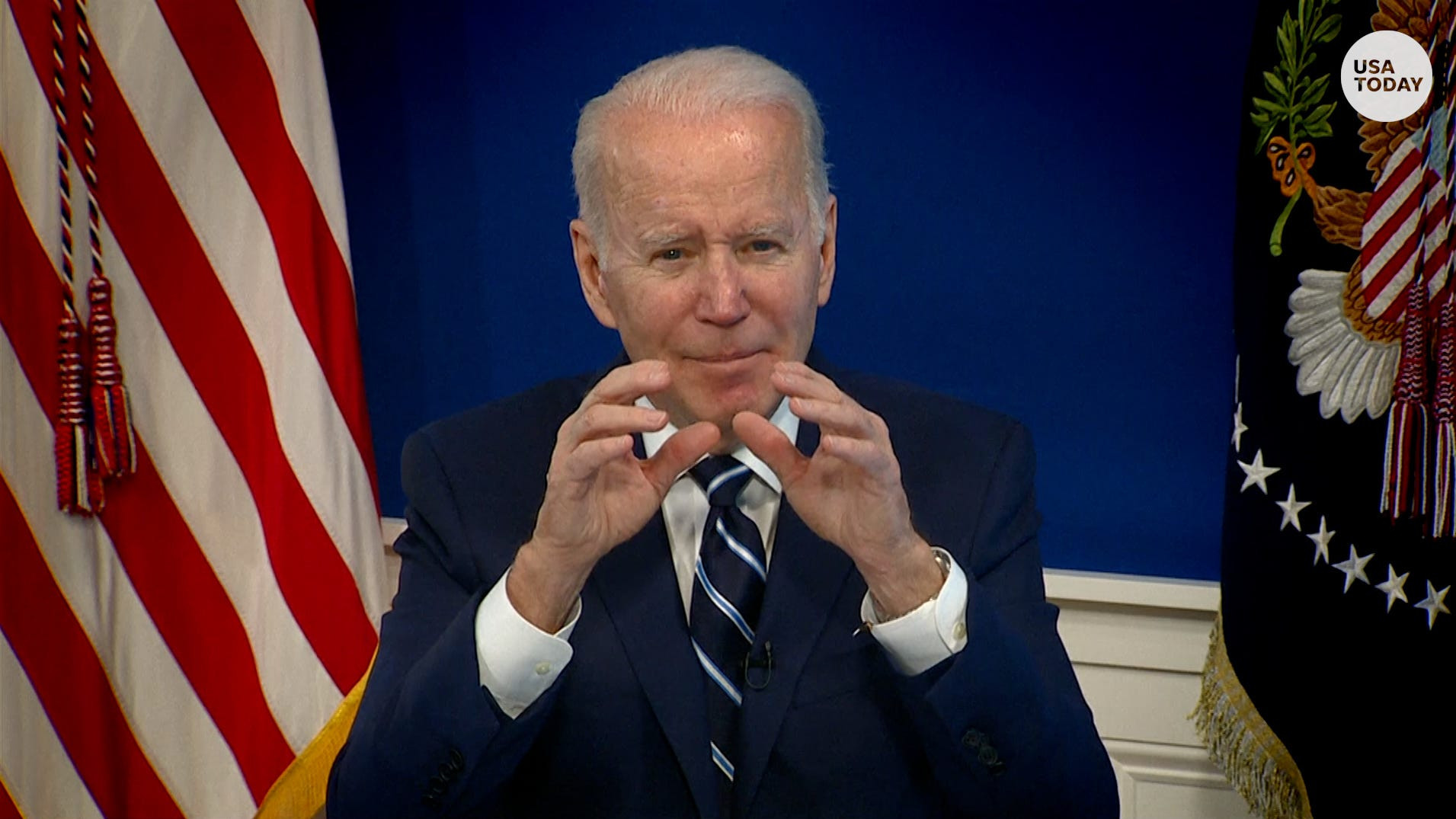Eli Lilly on Tuesday announced that it will offer single-dose vials of its blockbuster weight-loss treatment Zepbound (tirzepatide) in a bid to better respond to the market’s insatiable demand for the medication.
Both 2.5-mg and 5-mg doses of Zepbound will be available for purchase as single vials—without the autoinjector pen. According to Lilly, the single-dose Zepbound vials will carry at least a 50% discount compared with the list prices of other GLP-1 therapies for obesity. The purchase option is available for self-pay patients through LillyDirect, the company’s online pharmacy.
Lilly emphasized that the option to purchase single vials of Zepbound is for patients with on-label prescriptions for the therapy only. The pharma has “taken a vocal stance against the use of obesity medicine for cosmetic weight loss” and will implement a “multi-step verification process” to make sure that patients are purchasing Zepbound for valid medical reasons, according to the announcement.
Patrik Jonsson, president of Lilly cardiometabolic health and Lilly USA, in a statement said that the single-dose Zepbound offering will not only help the pharma “meet the high demand for our obesity medicine, but also broaden access for patients seeking a safe and effective treatment option.”
“Outdated policies and lack of coverage for obesity medications create an urgent need for more innovative solutions,” Jonsson said. “Bringing Zepbound single-dose vials to patients will help more people living with obesity manage this chronic condition.”
Zepbound Single-Dose Vials: A Cheaper Option for Self-Pay Patients
At its 2.5-mg dose level, Zepbound costs $99.75 per vial, or around $399 for a four-week supply. The 5-mg dose goes for $ 137.25 per vial or $549 for a four-week supply, according to Lilly.
Offering the more affordable, single-dose vial option is part of Lilly’s effort to combat compounded and counterfeit tirzepatide products, the pharma said. The company contends that its online direct-to-consumer distribution method adds another layer of protection, helping to “protect the public from the dangers posed by the proliferation of counterfeit, fake, unsafe or untested knock-offs.”
Zepbound: A Game-Changer in Weight Management
Approved in November 2023, Zepbound is indicated for chronic weight management alongside lifestyle adjustments such as a reduced-calorie diet and increased physical activity. It also comes in 7.5-mg, 10-mg, 12.5-mg and 15-mg doses in an autoinjector. Its active ingredient tirzepatide is also approved under the brand name Mounjaro for type 2 diabetes.
The Quest to Address Demand for Weight-Loss Medications
Lilly has struggled to keep pace with the market’s steep and growing appetite for weight-loss medicines. In April 2024, the FDA announced that the four highest doses of Mounjaro would be in short supply through the month, with a follow-up announcement a few weeks later noting that Zepbound would also have limited availability. At the time, the regulator expected the shortage to persist through the second quarter of 2024.
Earlier this month, after several strategic investments to boost manufacturing capacity, all doses of Zepbound and Mounjaro were taken off the FDA’s drug shortages list.
Lilly's New Vials Could Be a Game-Changer for Supply and Demand
Evan Seigerman, analyst at BMO Capital Markets, wrote in a Tuesday note to investors that the single-use vial doses improve on the significant manufacturing constraints for autoinjectors. “Lilly can expedite the speed in which it provides the medication to patients by avoiding the need for the mechanical manufacturing of the injector pens required to produce autoinjectors.”
A New Era of Weight Management: Is This the End of the Shortage?
The availability of single-dose vials is a significant development in the weight management landscape. It is a testament to Lilly’s commitment to expanding access to this life-changing medication for a larger patient population. With the company’s efforts to combat counterfeit products and its focus on meeting the high demand for Zepbound, the future of weight management looks promising. As the weight-loss market continues to evolve, it will be interesting to see how Lilly’s latest offering will reshape the landscape and drive innovation in this critical area of healthcare.

















